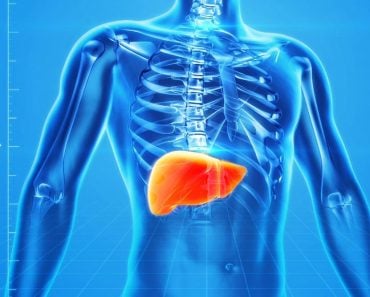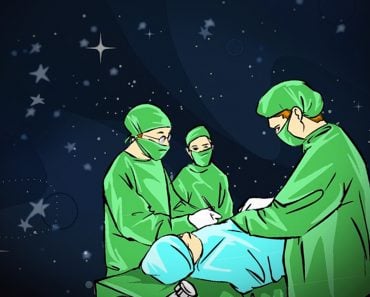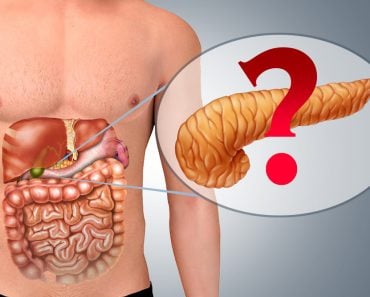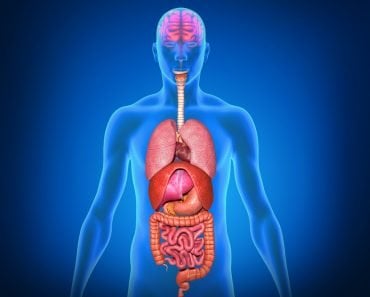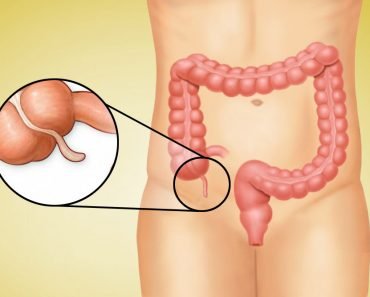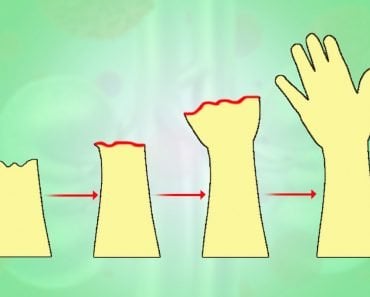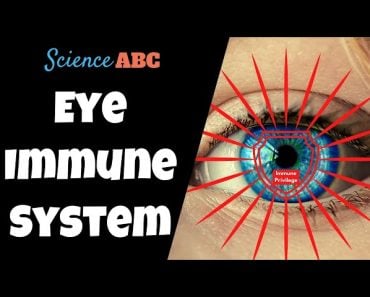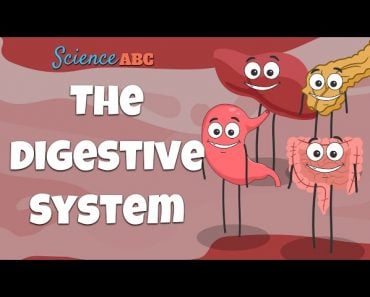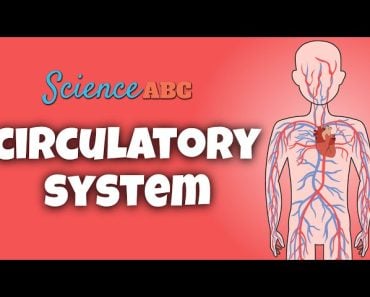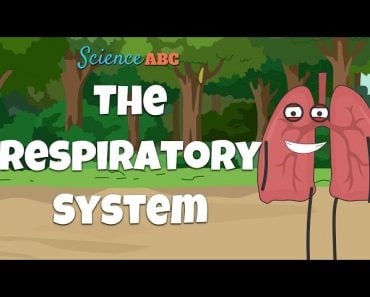Table of Contents (click to expand)
You can survive without certain organs which, though important, are dispensible. The spleen, a kidney, the gallbladder and stomach are a few of the organs you can survive without! With that being said, without these organs, life would be very inconvenient.
Yes, you read that right. I’m asking you to think about living without one of your internal organs. The kidneys that purify the blood, the lungs that help you breathe, or the brain that dictates every move you make… which one of these is most precious? Which of these would you be unable to survive without? Well, you might be thinking that I’m out of my mind, so my next statement will probably shock you, but YOU CAN SURVIVE WITHOUT CERTAIN ORGANS!
In an ideal world, you would probably like to keep all your organs intact, but there are a few that you can give up if you absolutely have to. Let’s make a list of them, shall we?
List Of Organs That You Do Not Need To Survive!
- Spleen
- Kidney
- Gallbladder
- Stomach
- Lung
- Reproductive organs
- Appendix
- Liver
- Heart valves
- Half a brain
Now let’s try and understand their function and why is it possible to live without them!
Recommended Video for you:
Spleen
It’s a part of the immune system that checks the blood for contamination and also clears the blood in the old red blood cells. Cancer or immunological diseases may require that the spleen be removed. In that case, other organs, like the liver, will take up the important task. However, while it is possible to live without a spleen, that person will be more prone to infections. Therefore, vaccines are regularly used to protect against those risks.
Also Read: Can You Live Without A Spleen?
Kidney
We are all aware of this bean-shaped organ, a pair of which is present in our body. The kidney acts as a filter to keep the blood free of impurities. Not everyone is born with two kidneys. Some have to give one up due to disease, while some other people donate one of their kidneys to those who need one. In other words, it’s pretty normal to live with one kidney. Believe it or not, it’s possible to live with no kidneys at all! That requires a person to regularly undergo dialysis, which purifies the blood with the aid of a machine.
Also Read: What Happens When One Or Both Kidneys Are Removed?
Gall Bladder
This organ aids in digestion by secreting bile juices. Sometimes the substances in the bile crystallize to form stones, commonly known as gallstones. Most of the time, these stones cause no harm, but if they block a duct in the gall bladder, it can cause intense pain. Worsening of the situation will require surgical removal of the gall bladder. In the absence of the organ, the liver pushes the bile directly to the intestines. However, if you enjoy a balanced diet with a lot of fibre, you can easily live a normal, healthy life, even without this organ!
Also Read: Can You Live Without A Stomach?
Stomach
Yes, don’t be too surprised. That entire stomach of yours can be removed surgically. This is most commonly done for those people who have been struck by stomach cancer. The food pipe that carries food to the stomach, the oesophagus, is redirected to the small intestine. Then, the small intestine performs the function of the stomach! A person who has had their stomach removed has to be injected with B12 vitamin quite often, as it is not easily absorbed by the small intestine. However, all the rest of the functions continue smoothly in you body, even without that all-important stomach!
Lung

Every human being has a set of two lungs. In the absence of a lung, the other lung expands to fill up for the missing capacity. Of course, there is a difference between breathing styles and the breath capacities of people with two lungs versus one lung. Therefore, a person with one lung has to be careful when doing strenuous exercises.
Reproductive Organs
I don’t need to tell you about the functions of these organs. We know that they’re necessary for procreation, but these are not necessary to sustain life for an individual. People who have these organs surgically removed can survive and live a perfectly normal, healthy life. Women whose uterus has been removed, but whose ovaries are intact, can also donate eggs for surrogacy.
Appendix
This is a tube-shaped vestigial organ located near the large intestine. As humans evolved, this organ lost its function and its present role in the human body is quite unclear. People who experience pain because of a swollen appendix have it removed, and losing this leftover organ does not affect their daily routine in any way.
Liver
This is the body’s phoenix that regrows from the ashes. The Liver has a high potential for regrowth. Therefore, many times, doctors will take a part of a healthy liver and transplant it into a needy person’s body. Then, both of those people have a fully regrown liver after a certain amount of time.
The next ones on our list are two extremely important organs:
Heart Valves
Even though there are numerous replacements for the cause of a broken heart (“plenty of fish in the sea”), there is no replacement as of now for our physical heart. However, those heart valves that are damaged due to heart attacks or heart diseases can be replaced with artificial valves, which push the blood through the body. The valves from dead humans or pigs are also commonly used as replacements. This invention is also very valuable for those who are born without heart valves.
Half A Brain
This organ should be at the top of the list of “organs that should never fail”, but that isn’t always the case. Yes, this organ controls all of our activities, but for some people who suffer from seizures, a hemispherectomy is performed to remove one hemisphere of the brain. Children who undergo this surgery have a full chance of recovering and leading a normal life, but for adults, the long-term consequences are not that pleasant. If the right part of the brain is removed, the person will not be able to use their left arm or see with their left eye.
At that point, we are talking about “Surviving”, rather than “living”. To lead a truly wonderful life, we need all of our organs, and we need to keep them all in a healthy state. We should all appreciate the fact that our internal organs are taking care of their necessary functions and keeping us healthy, even if we can’t see or feel them!
Also Read: Why Are Some Internal Organs On One Side Rather Than The Other?
References (click to expand)
- Davidson, R. N., & Wall, R. A. (2001, December). Prevention and management of infections in patients without a spleen. Clinical Microbiology and Infection. Elsevier BV.
- Pollard, J. S., Simpson, J. E., & Bukhari, M. I. (2013, January 7). A lethal cocktail: gastric perforation following liquid nitrogen ingestion. Case Reports. BMJ.
- Furr, J., & Culkin, D. (2017, February 8). Injury to the male external genitalia: a comprehensive review. International Urology and Nephrology. Springer Science and Business Media LLC.
- Vining, E. P. G., Freeman, J. M., Pillas, D. J., Uematsu, S., Carson, B. S., Brandt, J., … Zuckerberg, A. (1997, August 1). Why Would You Remove Half a Brain? The Outcome of 58 Children After Hemispherectomy—The Johns Hopkins Experience: 1968 to 1996. Pediatrics. American Academy of Pediatrics (AAP).
- Inherited Kidney Diseases - Patient.info. Patient
- Cholecystectomy | Johns Hopkins Medicine. hopkinsmedicine.org
- Heart Valve Repair or Replacement Surgery. hopkinsmedicine.org

